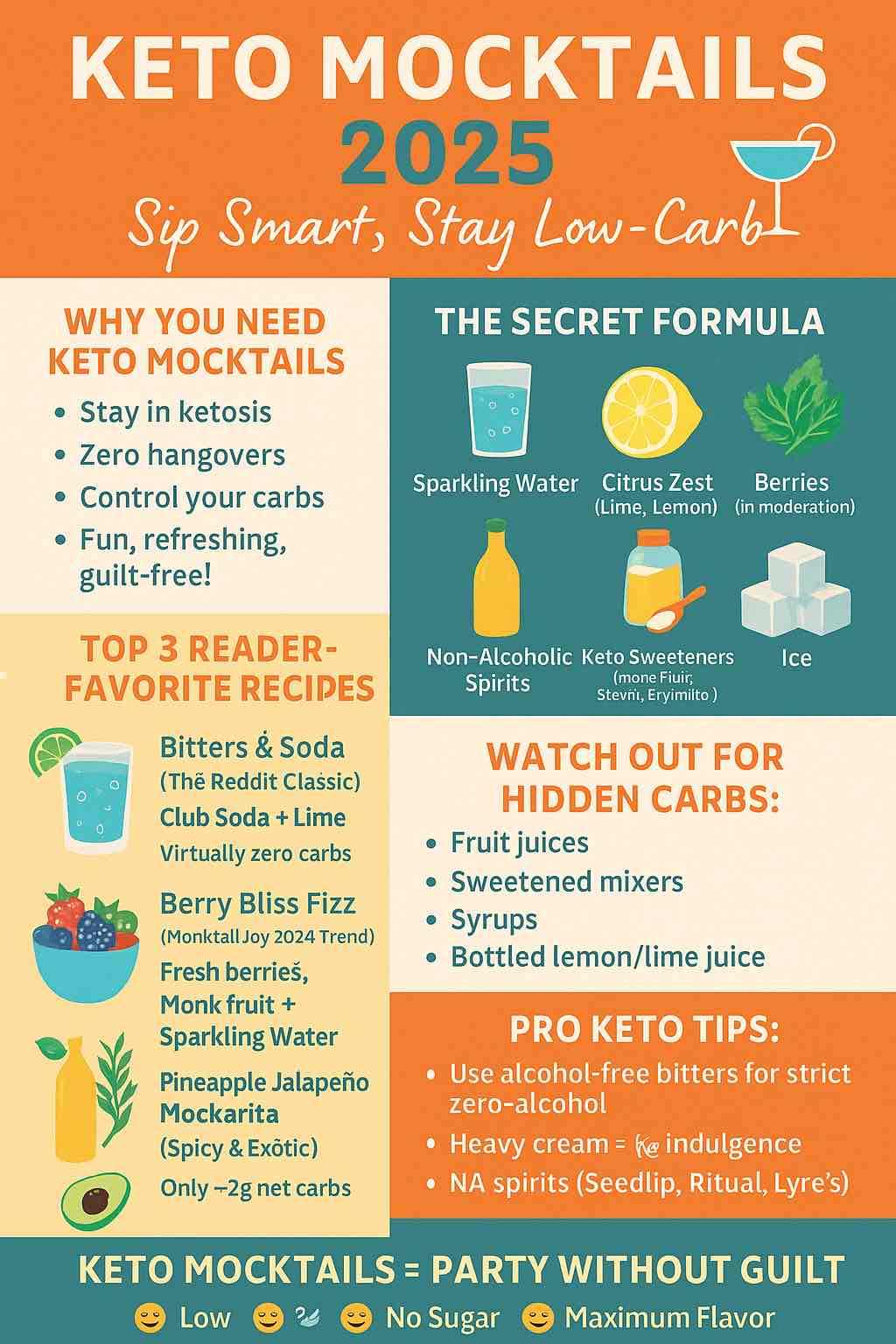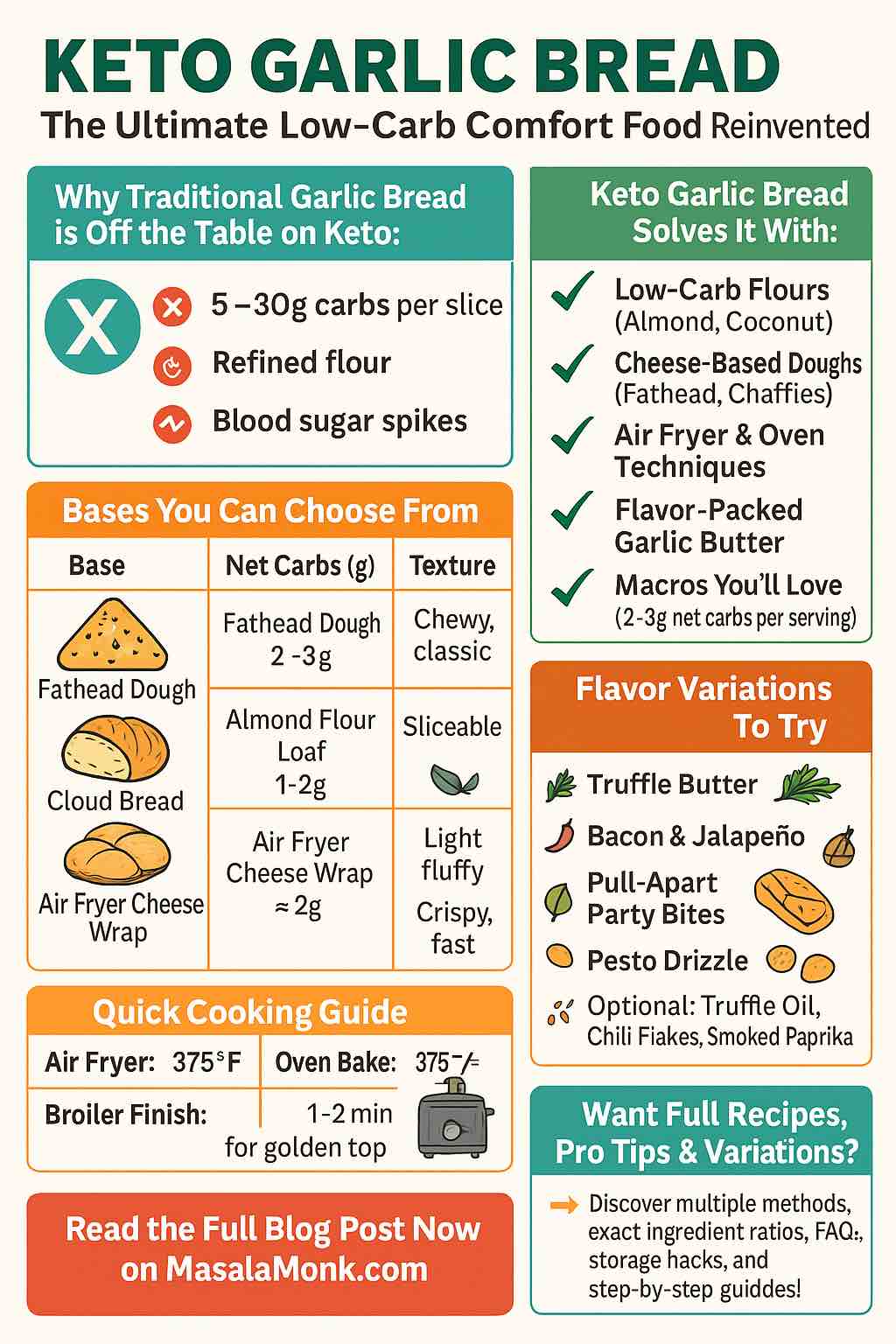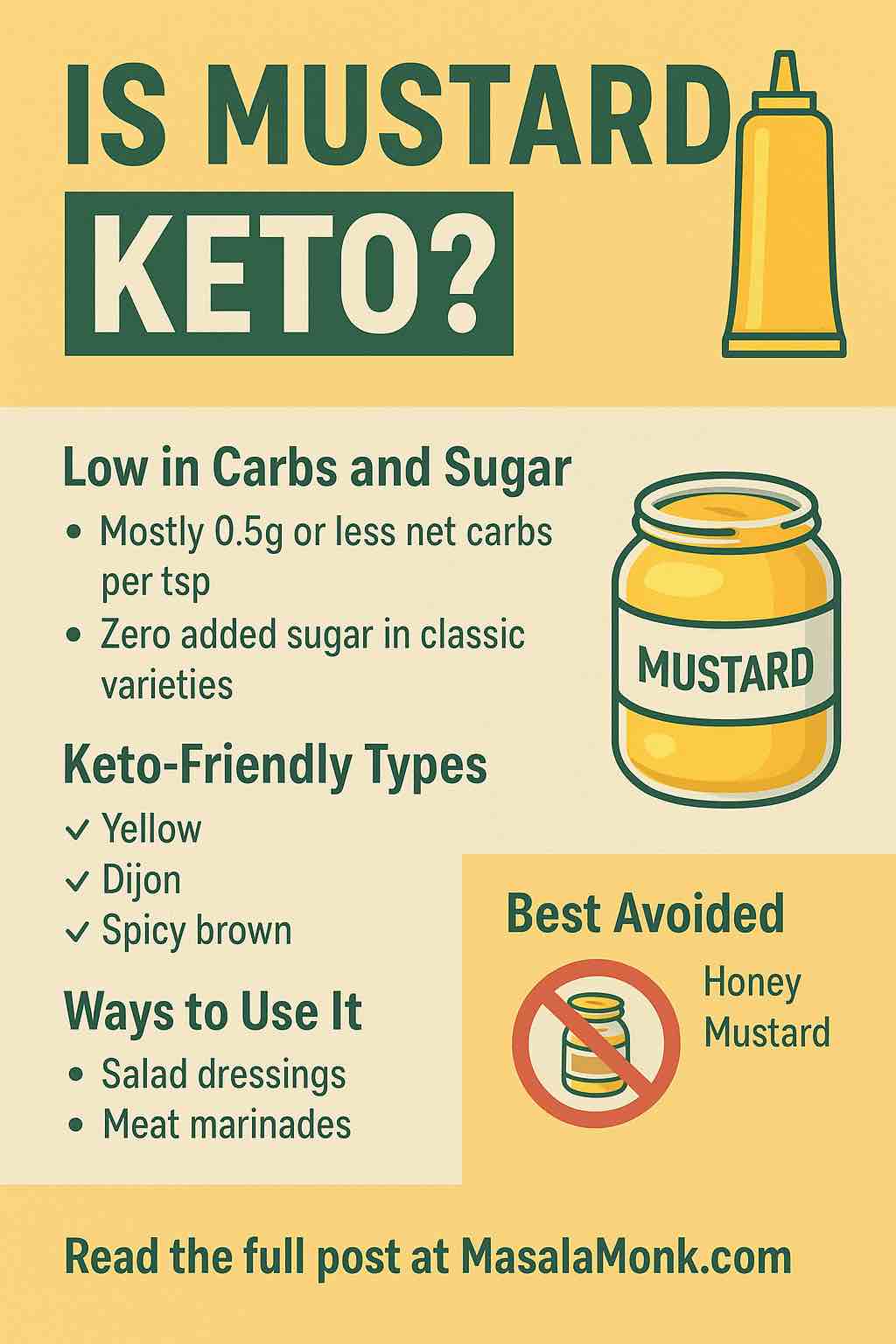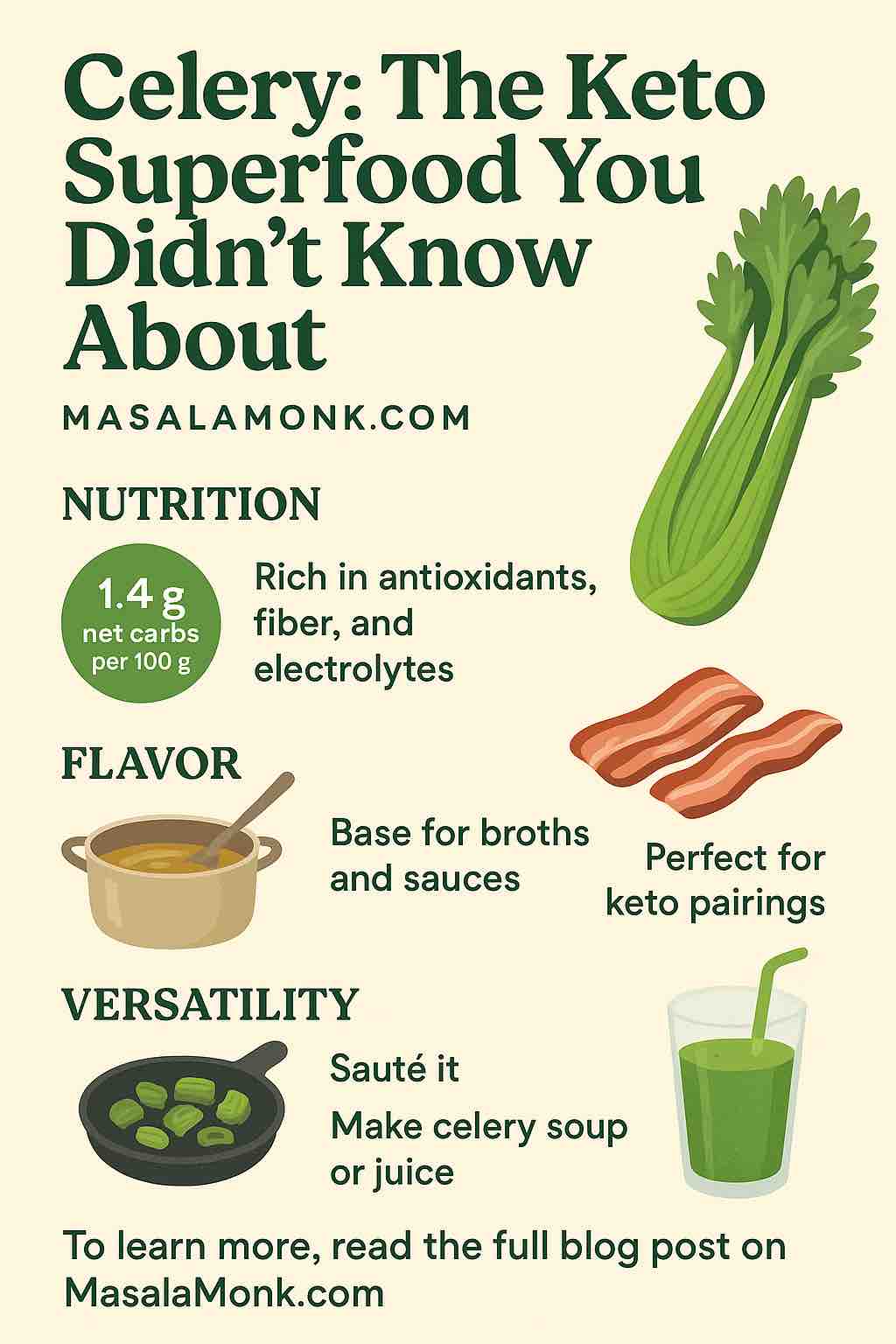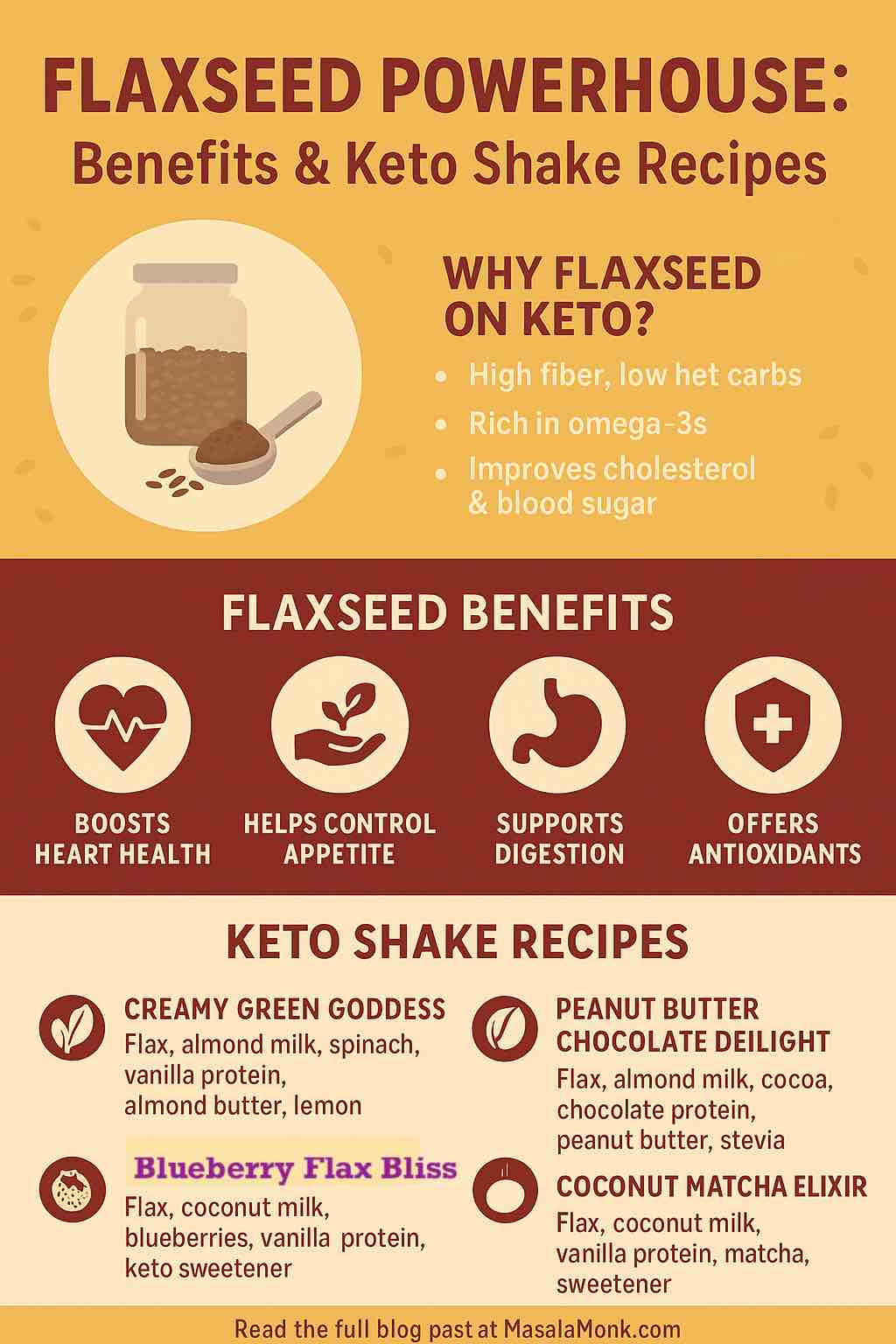
If you’re on a keto journey, chances are you’ve heard of the magical properties of flaxseeds. But what if we told you they could be the secret to supercharging your daily energy, optimizing your metabolism, and simplifying your lunch routine all in one delicious shake? Welcome to the world of flaxseed-powered keto meal replacement shakes. In this comprehensive guide, we’ll explore the science, recipes, and practical hacks to make flaxseed the star of your ketogenic lifestyle.
Why Flaxseed? The Nutritional Powerhouse
Flaxseeds are tiny seeds with a massive nutritional profile:
- High in Fiber: With about 27g of fiber per 100g, they keep net carbs minimal (~2g net carbs/100g) and promote satiety.
- Rich in Omega-3s: Particularly alpha-linolenic acid (ALA), flaxseeds are one of the best plant-based sources.
- Protein-Packed: Offering around 18g of protein per 100g.
- Micronutrient Dense: Loaded with magnesium, manganese, B1, B6, selenium, and zinc.
- Antioxidants & Lignans: These support hormone balance and have anti-cancer potential.
Flaxseeds support heart health, stabilize blood sugar, reduce inflammation, and aid digestion—perfect companions for keto.
Health Benefits: Beyond the Basics
1. Heart Health:
- Regular intake (~30g/day) reduces LDL cholesterol by 6–15% and may lower blood pressure significantly.
2. Blood Sugar Regulation:
- Improves insulin sensitivity and fasting glucose levels, especially in type 2 diabetics.
3. Gut & Digestive Health:
- The soluble and insoluble fiber feed beneficial gut bacteria, ease constipation, and support regularity.
4. Hormonal Support:
- Lignans help regulate estrogen and may protect against hormone-sensitive cancers.
5. Weight Management:
- The fiber content curbs appetite, aiding fat loss and helping you stick to your macros.
Ground vs Whole Flaxseed: What You Need to Know
Always opt for ground flaxseed. Whole flaxseeds often pass through undigested, robbing you of nutrients. Grinding flax also allows its healthy fats and lignans to be absorbed. Store in a sealed container in the fridge or freezer to prevent rancidity.
How to Build the Perfect Flaxseed Keto Shake
Base Ingredients (Choose 1-2):
- Unsweetened almond milk
- Coconut milk or cream
- Greek yogurt (for extra protein)
- Water with MCT oil (for fat boost)
Thickeners & Healthy Fats:
- 1-2 tbsp ground flaxseed
- 1 tbsp chia seeds (optional)
- 1/2 avocado
- Nut butter (peanut, almond, or sunflower)
Flavor & Nutrient Boosters:
- 1 scoop keto-friendly protein powder
- Berries (in moderation)
- Cocoa powder or matcha
- Cinnamon, ginger, turmeric, nutmeg
- Keto sweeteners: stevia, erythritol, monk fruit
Bonus Enhancers:
- Collagen peptides
- Electrolyte drops
- Greens powder or fresh spinach
5 Delicious Flaxseed Keto Shake Recipes
1. Green Goddess Energy Shake
- 1 cup almond milk
- 1 tbsp flaxseed
- 1/2 avocado
- Handful spinach
- 1 scoop vanilla protein powder
- 1 tsp lemon juice
2. Blueberry Flax Bliss
- 1 cup coconut milk
- 1 tbsp flaxseed
- 1/4 cup blueberries
- 1 scoop vanilla protein
- Dash of cinnamon and stevia
3. Peanut Butter Chocolate Delight
- 1 cup almond milk
- 1 tbsp flaxseed
- 1 tbsp peanut butter
- 1 scoop chocolate protein
- 1 tsp cocoa powder
4. Vanilla Raspberry Refresher
- 1 cup almond milk
- 1 tbsp flaxseed
- 1/4 cup raspberries
- 1 scoop vanilla protein
- Dash of cinnamon
5. Coconut Matcha Elixir
- 1 cup coconut milk
- 1 tbsp flaxseed
- 1 scoop vanilla protein
- 1 tsp matcha powder
- Keto-friendly sweetener
Practical Tips for Consistency and Convenience
- Pre-grind and freeze your flax in portion-sized bags.
- Shake thick? Let it sit 5 minutes or add extra liquid.
- Avoid clumps: Blend flax first with liquid before adding powders.
- On-the-go prep: Freeze complete shake in ice trays; blend or thaw as needed.
Final Thoughts
Whether you’re managing weight, taming blood sugar, or just need a tasty, filling lunch that fits your macros, flaxseed-based keto shakes are a smart and satisfying choice. With powerful nutrients, proven health benefits, and endless customizations, flaxseeds are more than just an add-on—they’re a foundation.
Start with one recipe above, tweak it to your liking, and let flaxseed fuel your keto lifestyle, one shake at a time.
Got a favorite flaxseed recipe or tip? Share it in the comments or tag us @masalamonk with your flax-fueled creations!
🧠 Frequently Asked Questions (FAQs)
1. Can I use whole flaxseeds instead of ground flaxseeds in shakes?
Technically yes, but it’s not ideal. Whole flaxseeds often pass through your digestive system without being fully absorbed. Ground flaxseed ensures better nutrient availability, especially omega-3s and lignans.
2. How much flaxseed should I use in a shake?
1–2 tablespoons per shake is ideal. This amount gives you a good dose of fiber, omega-3s, and satiety without overpowering taste or texture.
3. Will flaxseed affect my net carbs on keto?
No, not significantly. Most of the carbohydrates in flaxseed come from fiber, which is subtracted when calculating net carbs. Around 1 tbsp of flaxseed has just ~0.5g net carbs.
4. What’s the best liquid base for flaxseed shakes?
Unsweetened almond milk, coconut milk, or even water with MCT oil are excellent keto-friendly options. Avoid sweetened or high-carb dairy alternatives.
5. How do I store ground flaxseed properly?
Keep it in an airtight container in the refrigerator or freezer. This prevents oxidation and keeps its healthy fats fresh and stable.
6. Can I make shakes ahead of time?
Yes, but consume within 24 hours if refrigerated. For longer storage, freeze the shake in ice cube trays, then blend when ready to drink.
7. Do flaxseeds cause bloating or gas?
They can if introduced too quickly due to their high fiber content. Start with 1 tsp and work up, drinking plenty of water to help digestion.
8. Is flaxseed safe during pregnancy or breastfeeding?
There’s limited research on flax during pregnancy. While it’s generally safe in food amounts, consult a healthcare provider before increasing intake significantly.
9. Can I combine flaxseed with other superfoods like chia or hemp?
Absolutely. Flax pairs well with chia, hemp hearts, or even psyllium husk for added fiber and nutrients. Just be mindful of texture and liquid ratio.
10. Can flaxseed help with keto constipation?
Yes! Its fiber supports healthy bowel movements, especially when combined with hydration and regular intake of fats and electrolytes.

